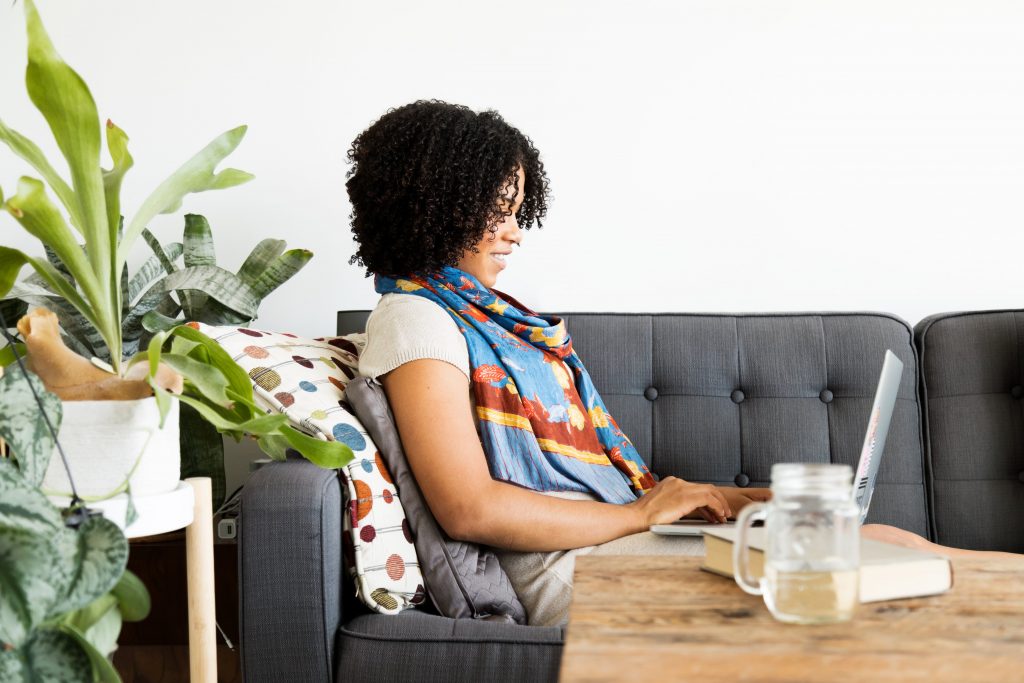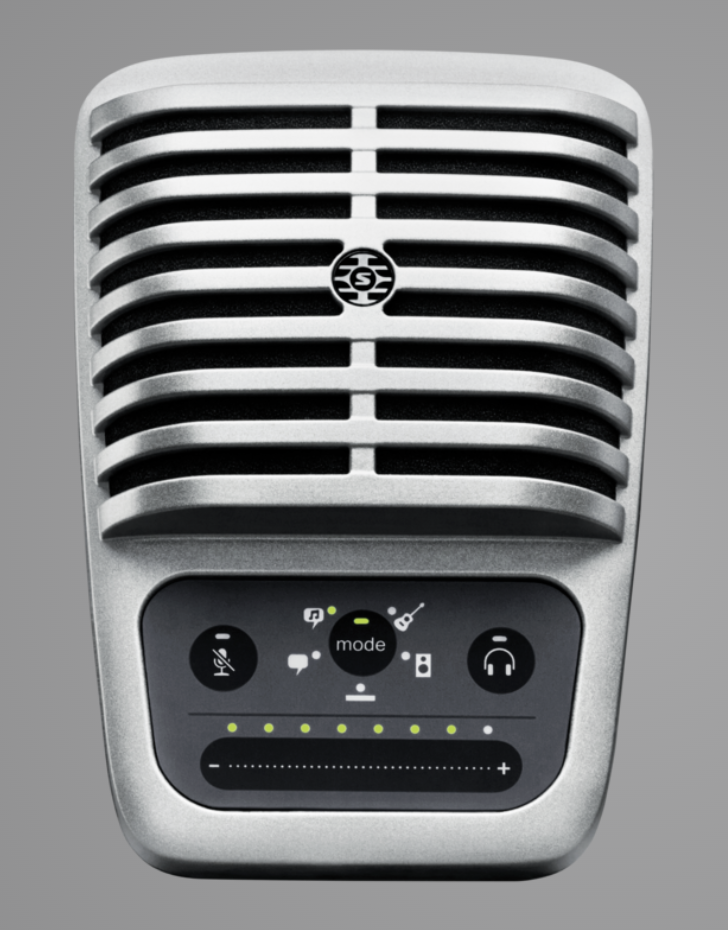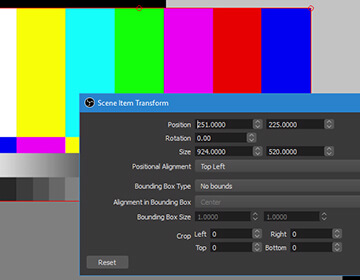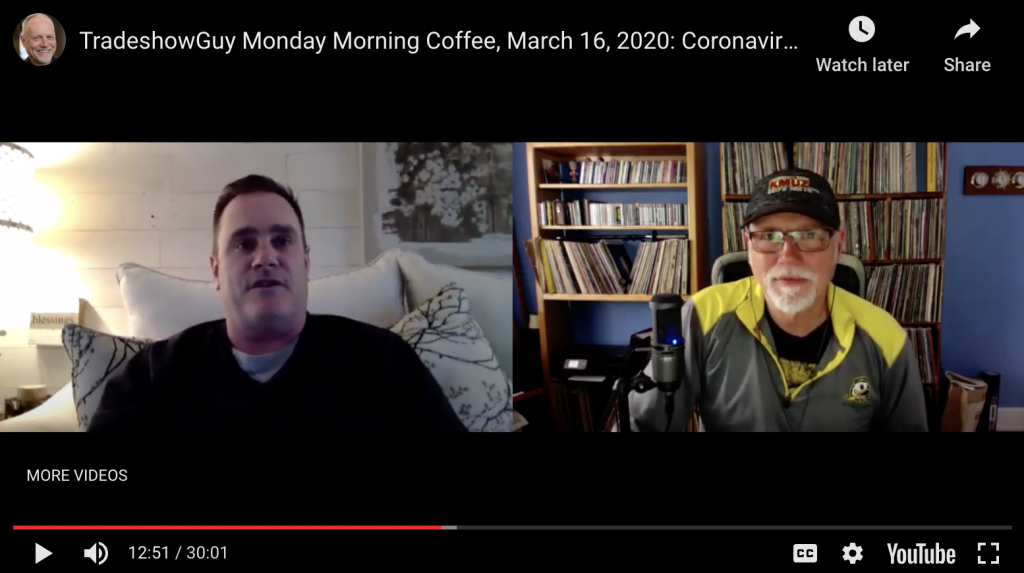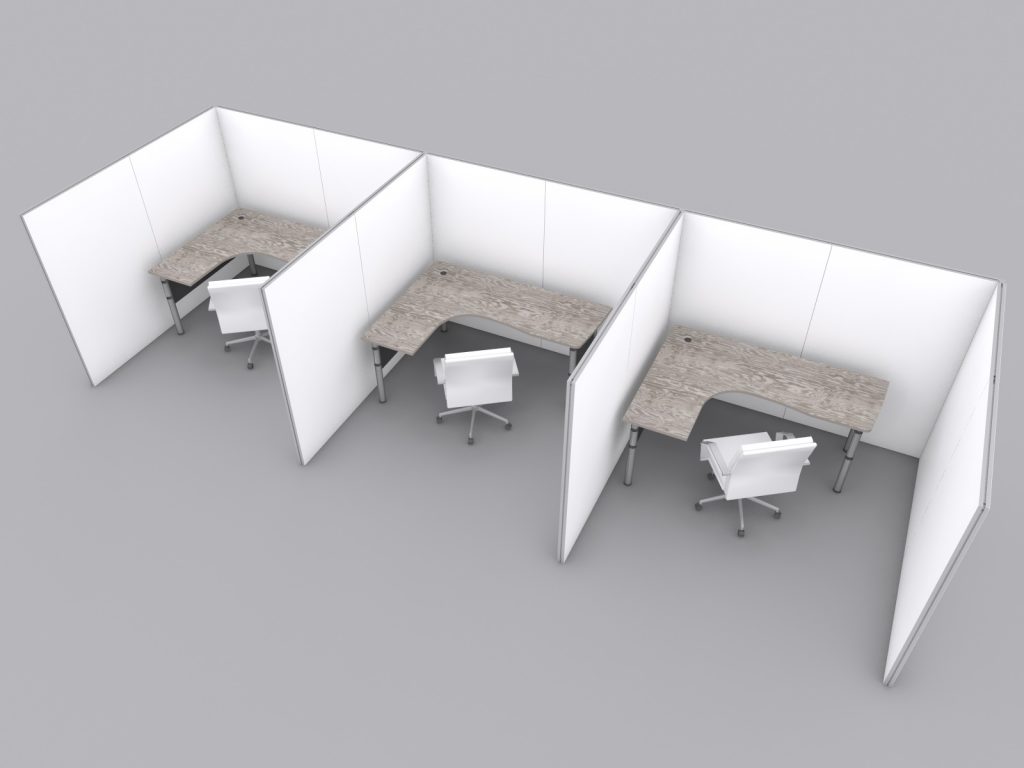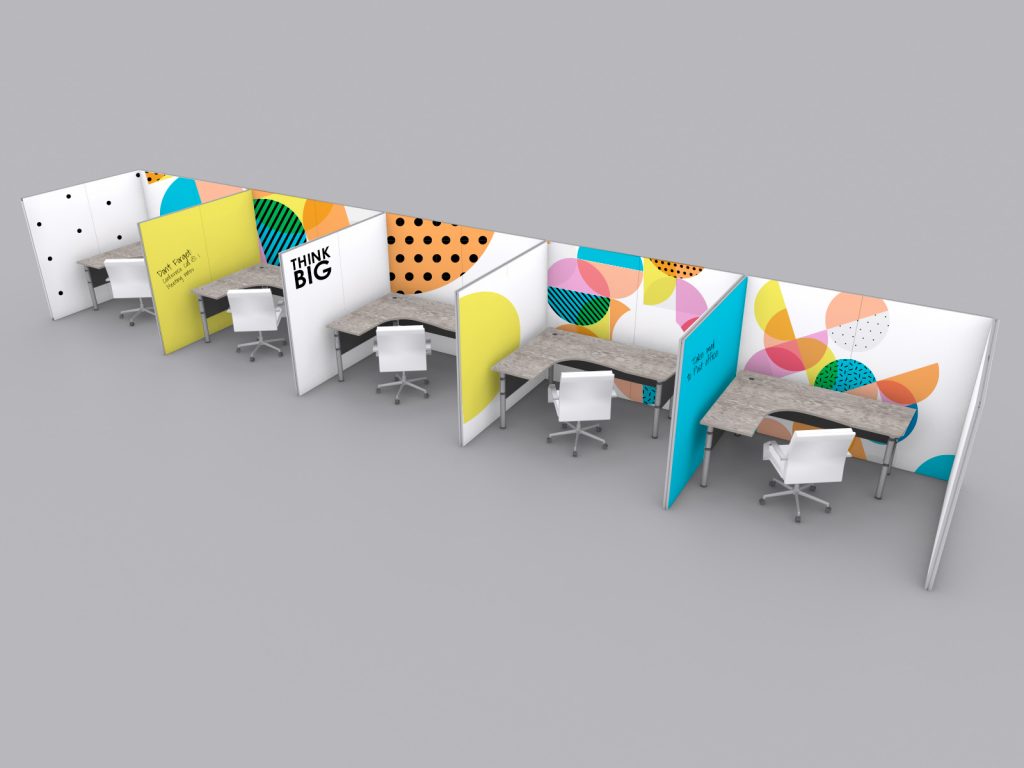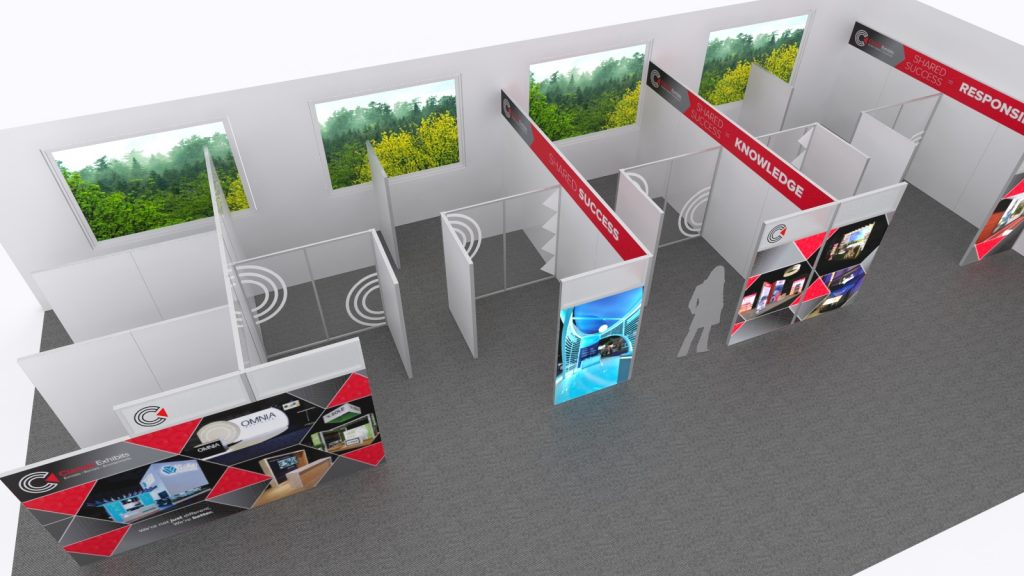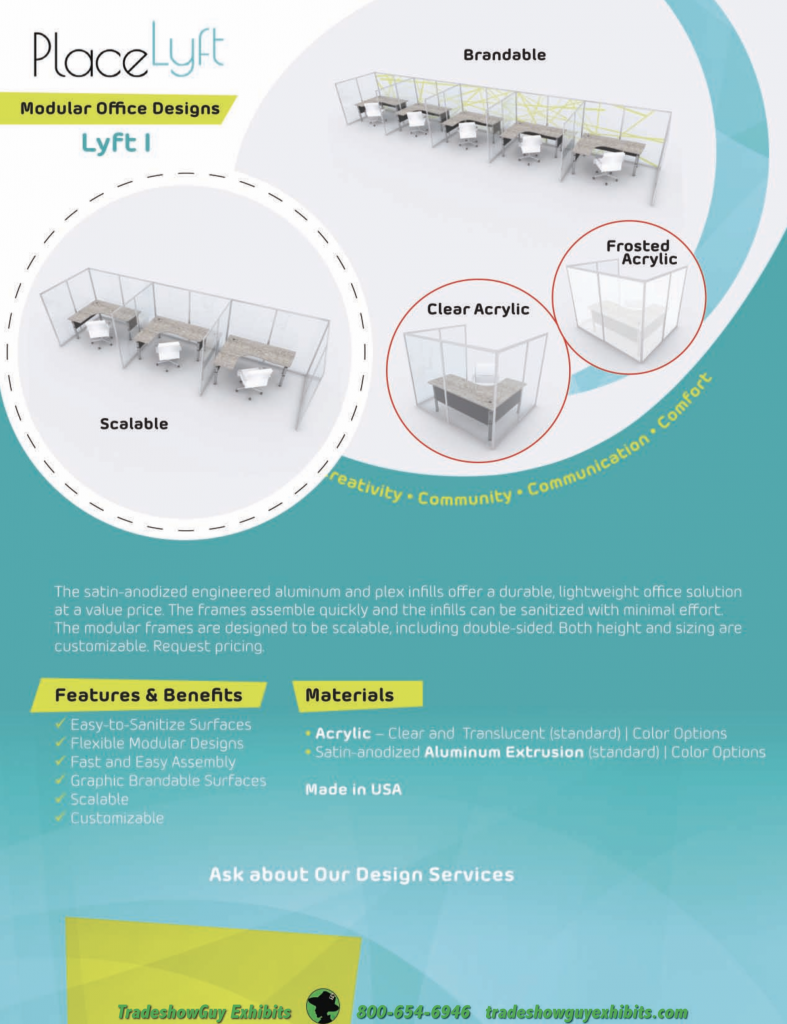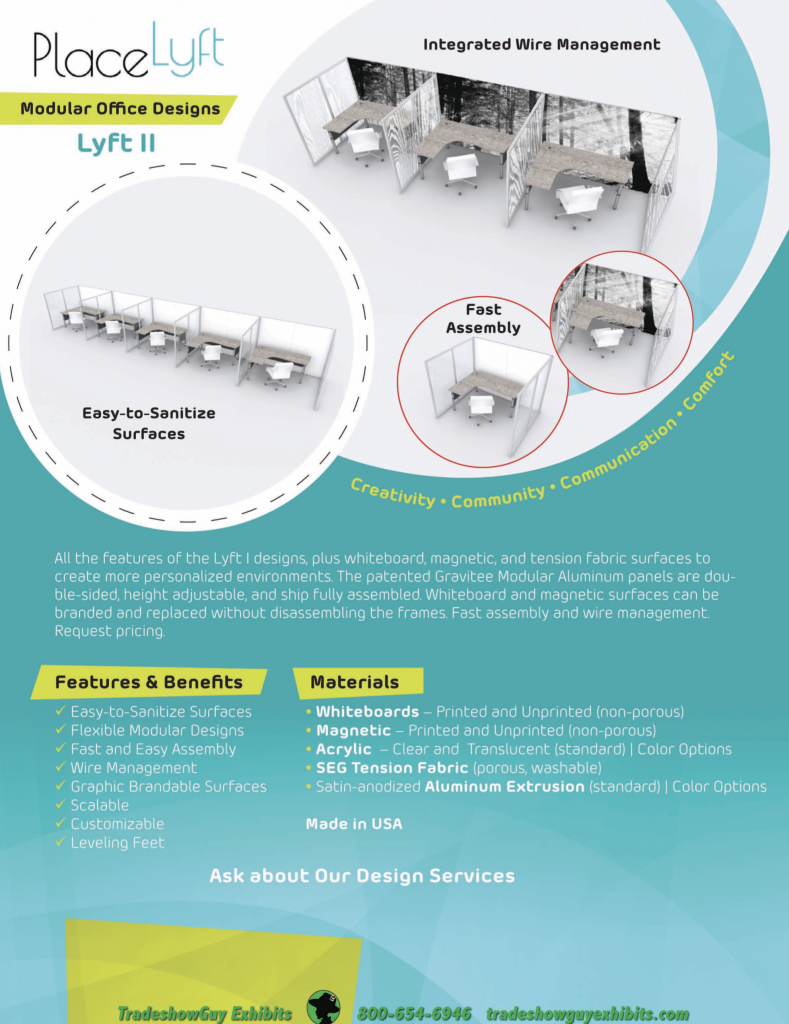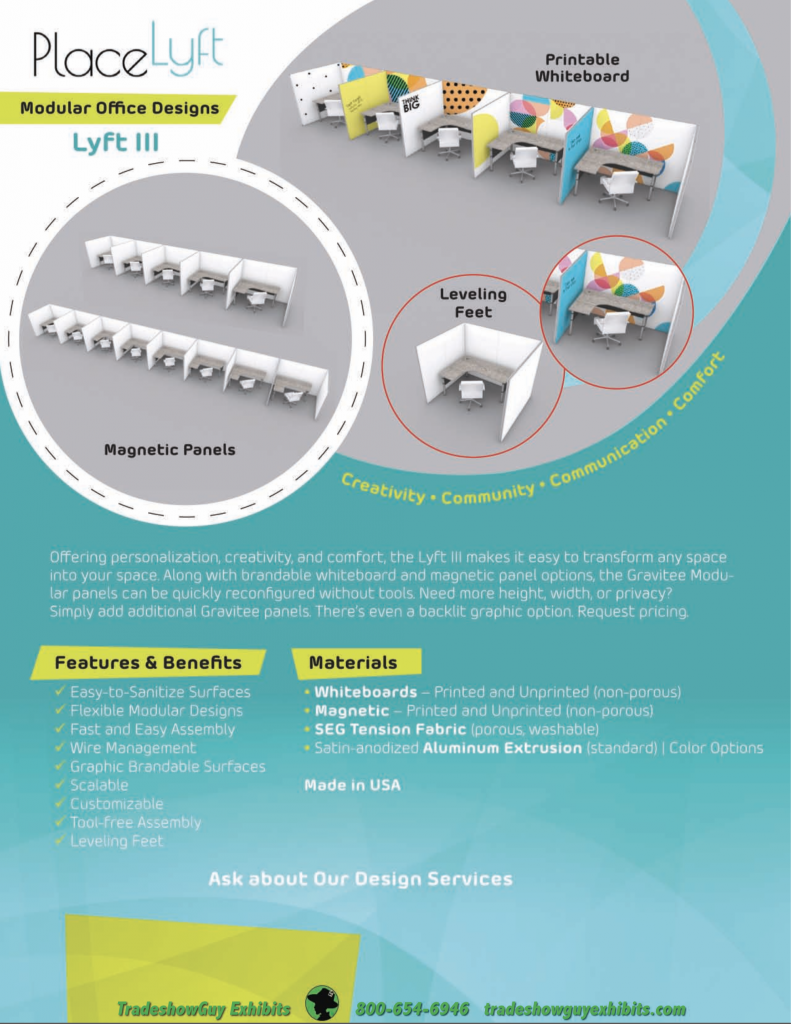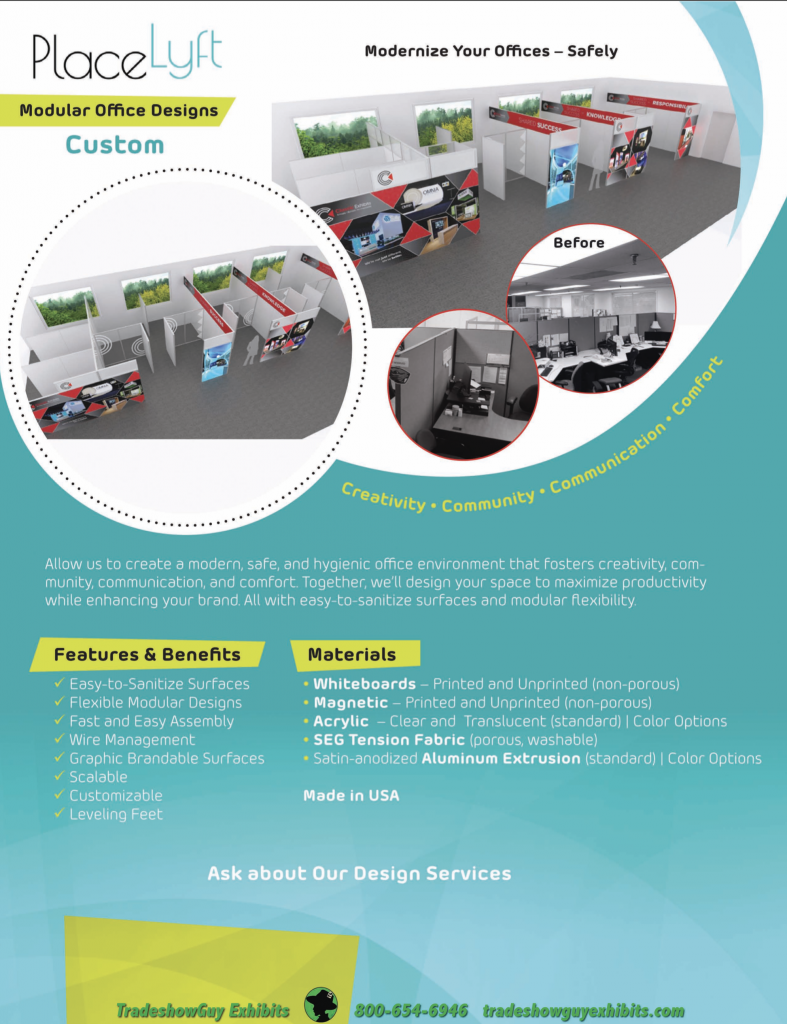The Five-Day Tradeshow Marketing Challenge
Yes, tradeshow marketing takes more than five days. Of course it does! It’s an ongoing process that keeps tradeshow managers up at night, especially when shows are impending. Some shows last about that long! So, what do I mean by the five day tradeshow marketing challenge?
Instead of trying to handle preparing for a show all at once, take five days. Perhaps in just a few moments a day you can line things up, get them prepared and be ready once tradeshows get back to normal.
Or whatever normal will look like.
Let’s assume the next big show is still several months away. Far enough away to not really worry if you start your Five-Day Tradeshow Marketing Challenge this week or next. But close enough so that you shouldn’t put it off too much longer!
Day One:
Plan.
Actually, every day is planning of some sort, but today, plan the basics:
What shows you’re going to.
What shows you’d love to go to at some point, but maybe not this year or next year.
What kind of presence you’d like at the show: size of booth; number of people. Perhaps what you’d like to spend on sponsorships or advertising at the show itself to help build awareness and move people to your booth.
This is also a good day to review past year tradeshow costs to assemble realistic budgets for the next series of shows. Pull out copies of documents that show actual costs vs. estimates. Build spreadsheets to give you a good sense of what you’ll have to invest to exhibit this time around.
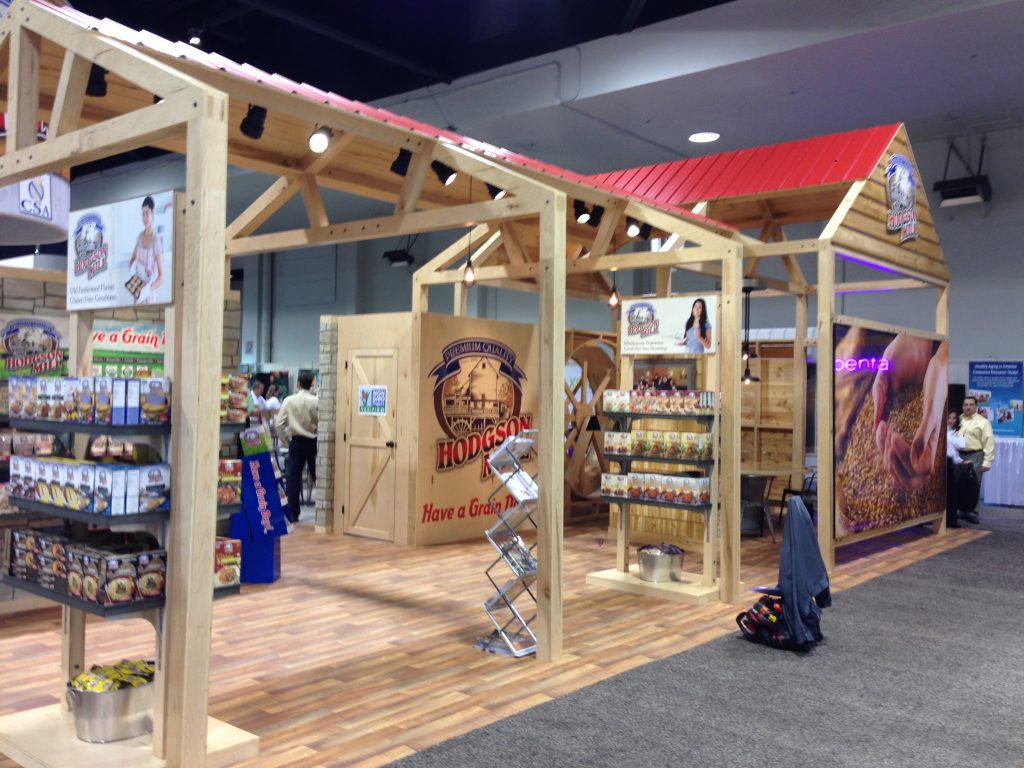
Day Two:
Exhibit Changes / Additions
If you need a new exhibit, and it’s time to have that chat with management, that’s a longer process. But if you have a good exhibit and all you need is to make upgrades, today is a good day to start sketching out those changes. At this point, you don’t have all the information you’ll eventually need such as product launches, what products you’ll be promoting and so on. But it’s a good time to make a list of the number of graphic changes you’ll make, if any; the dimensions of the graphics and any other particulars you’ll want before design and production. Make notes about who you need to talk to to know what those product launches and so on will be. And give a heads up, if appropriate, to the designer who will be making the new graphics.
Day Three:
Promotions
Promotions can take almost any shape, from creating online videos to crafting a social media campaign, to coming up with a clever way to dress up your booth. Here on Day Three, you’ll just want to make lists with broad strokes of the top promotion ideas and concepts that will eventually flower.
Day Four:
Travel Logistics
How many people are going, where are they staying, who’s booking travel, who’s making the schedule for the booth and so on. Getting a firm grasp on this a few months ahead of time will reduce headaches as you get closer.
Day Five:
Shipping and Exhibit Installation/Dismantle Logistics
If you have worked with the same I&D crews and shipping companies for years, this is usually nothing more than giving them advance notice that you’re on board again this year. If you need to find someone new for these areas, now’s the time to determine who you’re going to work with, and how to find the right people for the tasks.
Now that you’ve spent an hour or two a day for five days, you should have a much better grasp on what’s coming and be more prepared for when you’re thrown a curveball. Which you probably will be!


